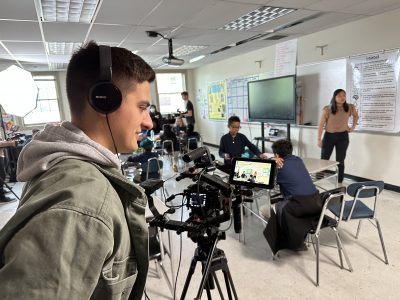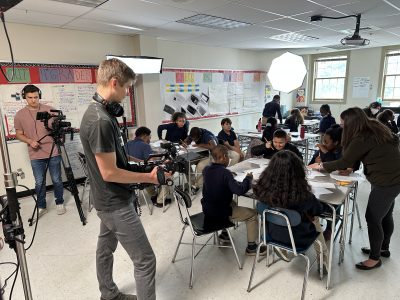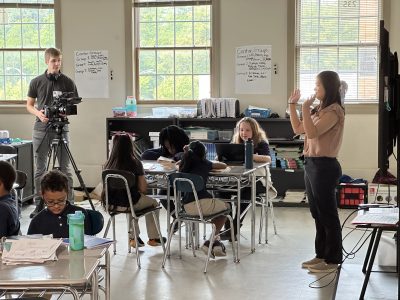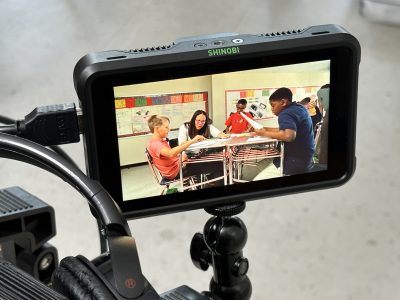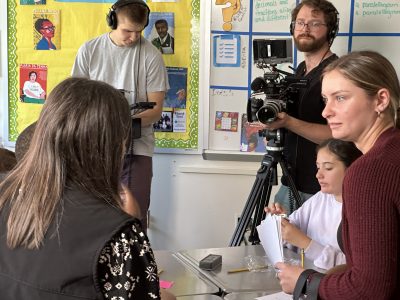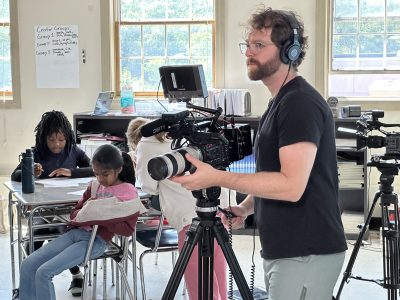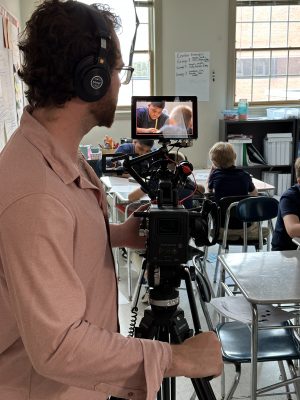Dr. Celeste Sodergren has joined the Project EAGLE team as a Postdoctoral Research Associate! Dr. Sodergren obtained her Ph.D. in Educational Psychology in Gifted Education from Baylor University in the summer of 2024 and joined the team in the fall. Celeste comes to the Renzulli Center with a background in communication and in district leadership in gifted education. Her research interests include the development of gifted education leaders, the needs of parents of gifted students, and how we might leverage non-cognitive factors in intelligence to strengthen gifted students’ success in academics and in life. She is particularly excited about the next phase of Project EAGLE, in which we are recruiting teachers to be trainers.
Dr. Sodergren notes, “I am excited to be welcomed to this remarkable team and I am looking forward to the work we will accomplish together. Empowering teachers with new skills, ideas, and opportunities is one of my favorite things to do, and I am grateful for the opportunity to join Project EAGLE in time to be a part of this important work.”

